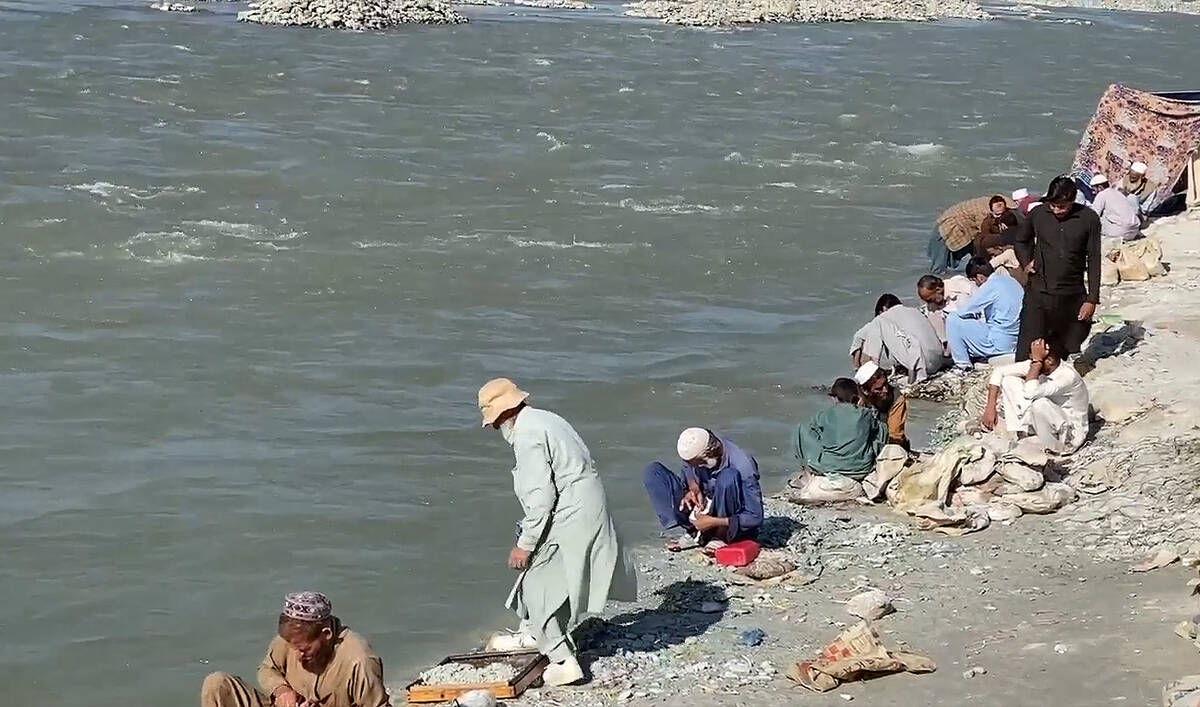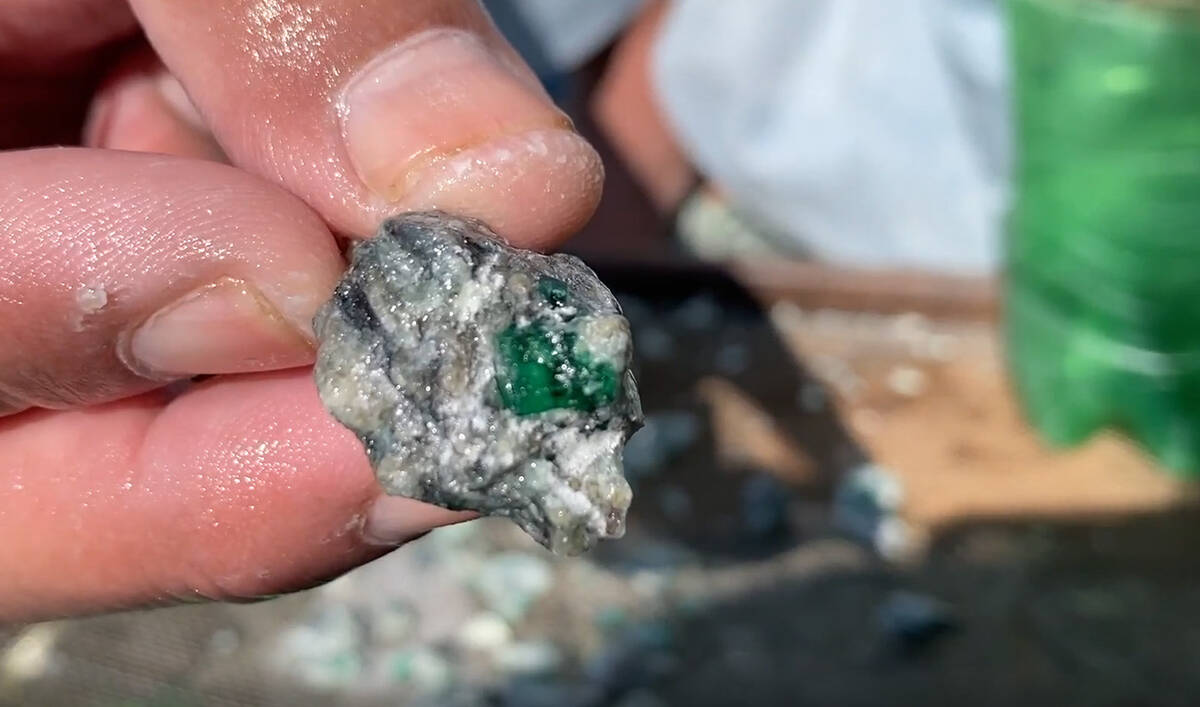KARACHI: The governor of Pakistan’s southern Sindh province, Kamran Tessori, has pledged to cover the medical expenses of a paralyzed Pakistani teenager who was separated from his Indian mother amid escalating tensions between the two neighboring countries, his office said Thursday, following Arab News’ coverage of the boy’s story.
Seventeen-year-old Muhammad Ayan was being treated at New Delhi’s Apollo Hospital after a spinal injury he sustained during a 2023 gunfight between police and criminals in Karachi. He and his family were forced to leave India after the April 22 attack in Indian-administered Kashmir that killed 26 tourists. India accused Pakistan of backing the assault. Islamabad has strongly denied India’s allegation.
In the wake of the attack, both countries ordered each other’s nationals to leave, exchanged gunfire in Kashmir, and imposed diplomatic restrictions, leaving many families stranded or divided. Among them was Ayan’s family. His Indian mother, Nabeela, was unable to leave with them. The family returned to Karachi while she remained in New Delhi.
“Arab News is doing a good job, you should highlight the problems of the people and keep pointing toward the solution, which you people keep doing, then the problems move toward solution. Ayan’s case is an example of this, you pointed it out and we are trying now,” Tessori told Arab News on Friday.
“If Ayan’s treatment is not possible in Pakistan, then we are also contacting different countries to see where this treatment is possible. God willing, we will get it done wherever it is possible.”
The Pakistani official urged India to put an end to its “war mania,” pointing to several other cases like Ayan’s. There has been no immediate comment from the Indian side on Ayan’s case.
Arab News published a report earlier this week highlighting Ayan’s separation from his mother and the abrupt end to his treatment in India, which prompted Tessori to take action.
“She was separated from us while crying, and we also came here with great difficulty, crying,” Ayan told Arab News, choking back tears.
Ayan’s father, Muhammad Imran, married Nabeela— his maternal cousin and a New Delhi resident— 18 years ago. She had been living in Pakistan on a visa that was periodically renewed, without ever obtaining Pakistani nationality. After the attack, the suspension of visa services invalidated the family’s 45-day Indian medical visa, and Nabeela was left behind.
Imran said he had spent every last rupee in hopes that his son would walk again. But rising bilateral tensions made the family fearful while in India.
“I told them, ‘I’m married [to her],’ I pleaded, cried, and showed a lot of humility,” he said of his conversations with Indian authorities. “But they said, ‘No, write an exit and leave.’”
For Ayan, the trauma of paralysis was compounded by the emotional shock of being separated from his mother.
“I went for treatment with hope, but that hope shattered because of the accident and the fact that my mother couldn’t come with us,” he said. “I was completely separated from a mother’s love. We were far apart; it made me cry.”
Kashmir has been a flashpoint between India and Pakistan since their independence in 1947. The region is divided between the two countries, though both claim it in full. They have fought two of their three wars over the disputed territory.
Since 1989, several Kashmiri groups have carried out attacks in Indian-administered Kashmir, seeking independence or a merger with Pakistan. India accuses Pakistan of supporting these groups — a charge Islamabad denies, insisting it offers only diplomatic and political support to Kashmiris.
Ayan’s father thanked Arab News for highlighting his family’s plight.
“They conveyed our words to higher officials, because of which Sindh Governor Kamran Tessori took notice,” he said on Friday.
“I am also very thankful to him, who promised to have my son treated anywhere in the world.”























